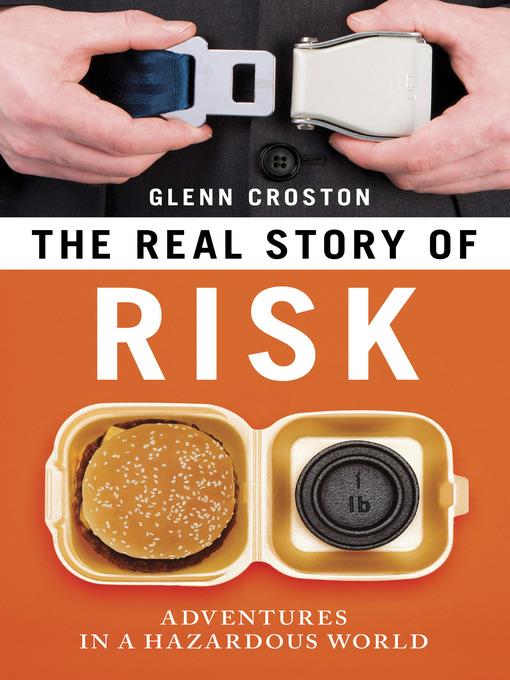
The Real Story of Risk
Adventures in a Hazardous World
کتاب های مرتبط
- اطلاعات
- نقد و بررسی
- دیدگاه کاربران
نقد و بررسی

October 29, 2012
For those who are not well versed in biology but appreciate engaging popularized science, this book offers promise. Croston, a biologist and green entrepreneur (75 Green Businesses), draws on both the sciences and social sciences to answer complex questions about our experiences of and reactions to risk. The result of Croston's extensive research is an intelligent, often fascinating, and never pedantic patchwork of studies. Readers will appreciate Croston's attempt to cover a broad range of seemingly disparate topicsâsuch as our response to stories rather than statistics, or our failure to follow warnings even in light of past disastersâunder the banner of risk. Part of this book's appeal is its author's amusing, and occasionally distracting, willingness to lump himself in among readers, as he refers to his own experiences, addresses his audience directly, and makes sometimes geeky pop culture references. This book compels its reader to turn the page not through suspense, but through identification with the material. Anyone could find his or her own vices and peculiarities regarding risk here and discover they are shared among much of humanity.

October 15, 2012
Almost everyone knows auto accidents kill far more people than airline crashes, yet the incidence of aerophobia (fear of flying) is disproportionately high. Likewise, fear of sharks still inspires the occasional toothsome Hollywood thriller decades after Jaws, despite the low number of attacks (only 25 Americans killed in 50 years). In dissecting risks such as the above, along with those associated with phenomena ranging from heart attacks to online gambling, Croston, a San Diegobased biotech research scientist, emphases that brute emotion usually trumps bare statistics when people weigh any given threat. Much of skewed risk perception dates back to our ancient ancestors and their adrenaline-fueled reactions to predators. Our brains simply haven't caught up to such contemporary dangers as giving speeches and financial meltdowns. After examining our forebears' influence, Croston analyzes why mankind is incongruously slow in addressing climate change and demonstrates how the pursuit of love and sex provoke extreme risk taking. Lucid and full of fascinating examples, Croston's work sheds much-needed light on the psychological underpinnings of our contradictory attitudes toward danger.(Reprinted with permission of Booklist, copyright 2012, American Library Association.)

























دیدگاه کاربران